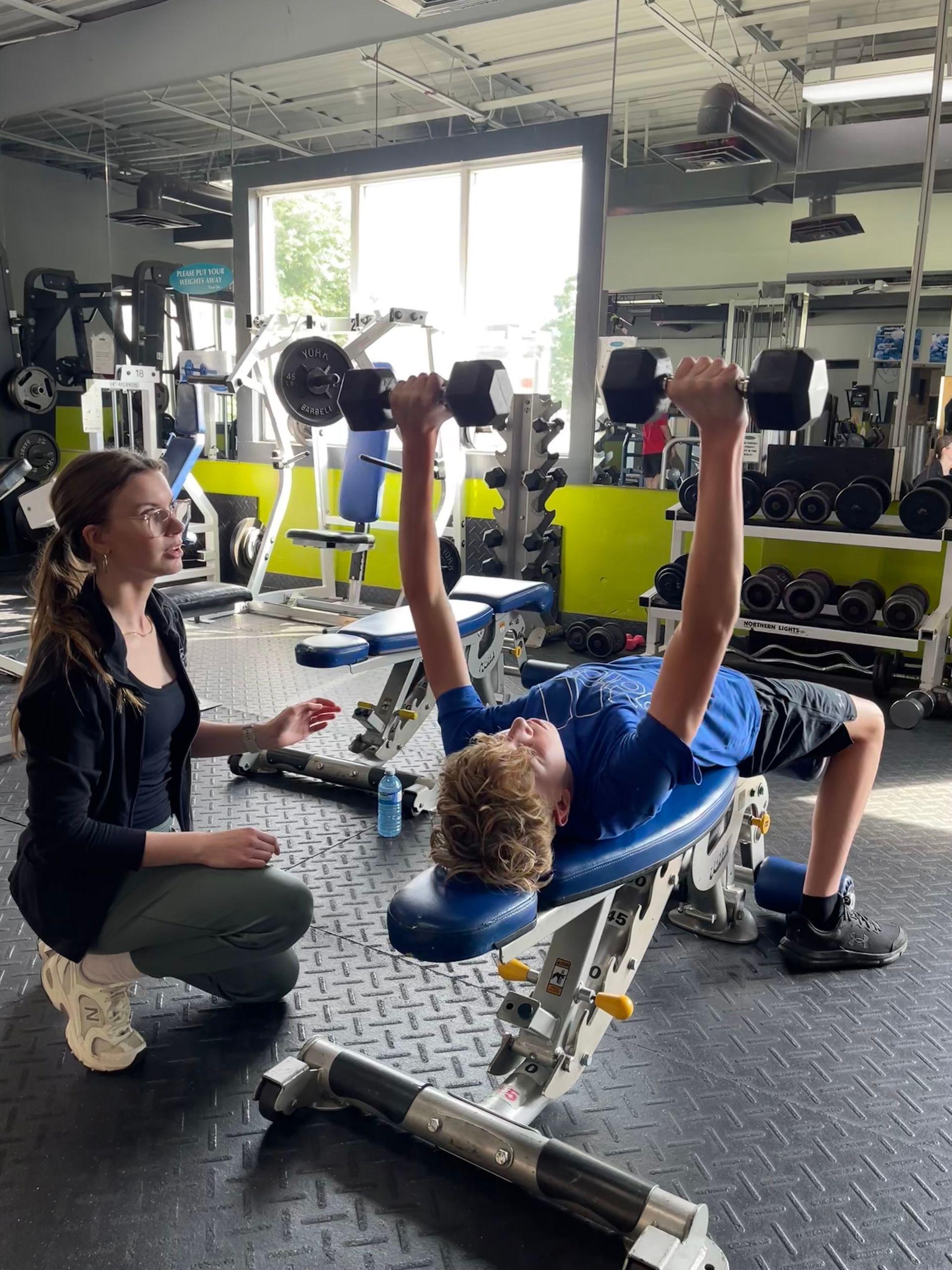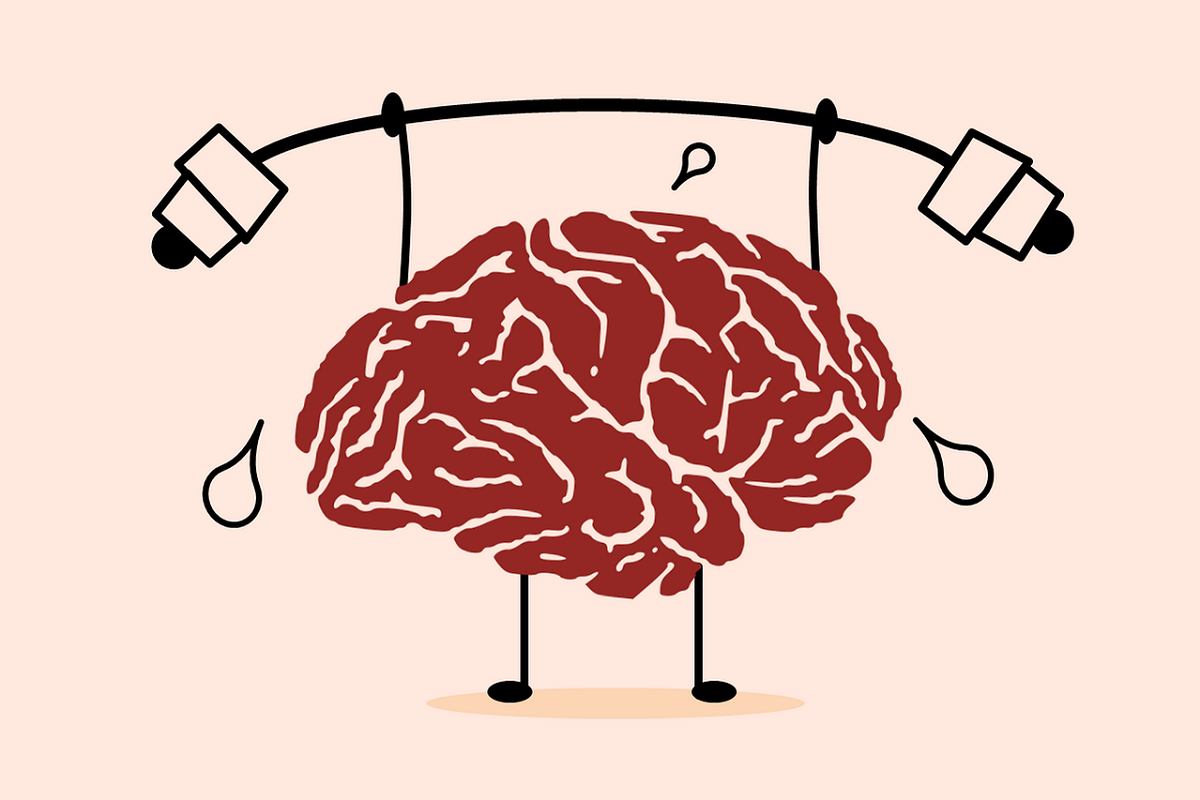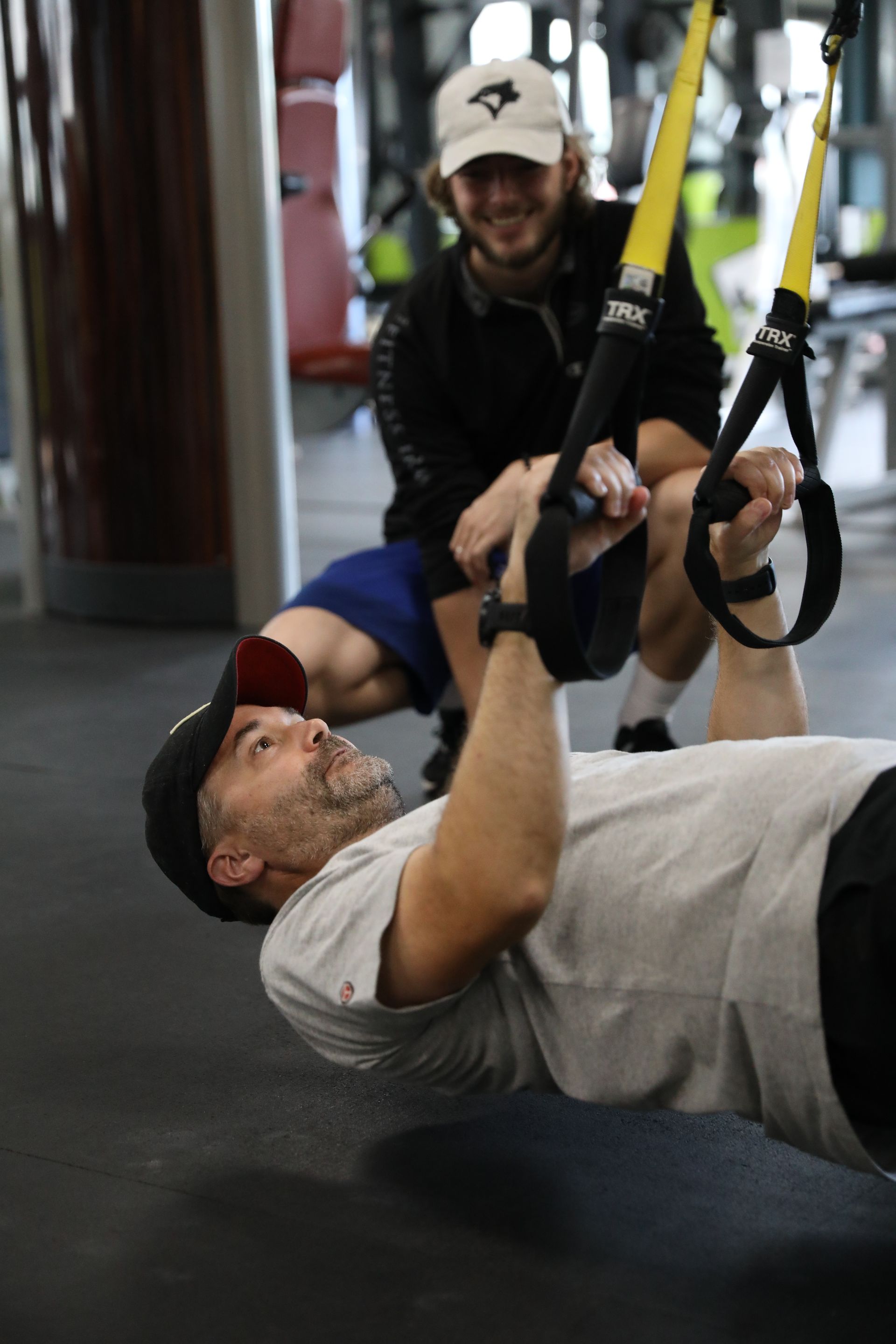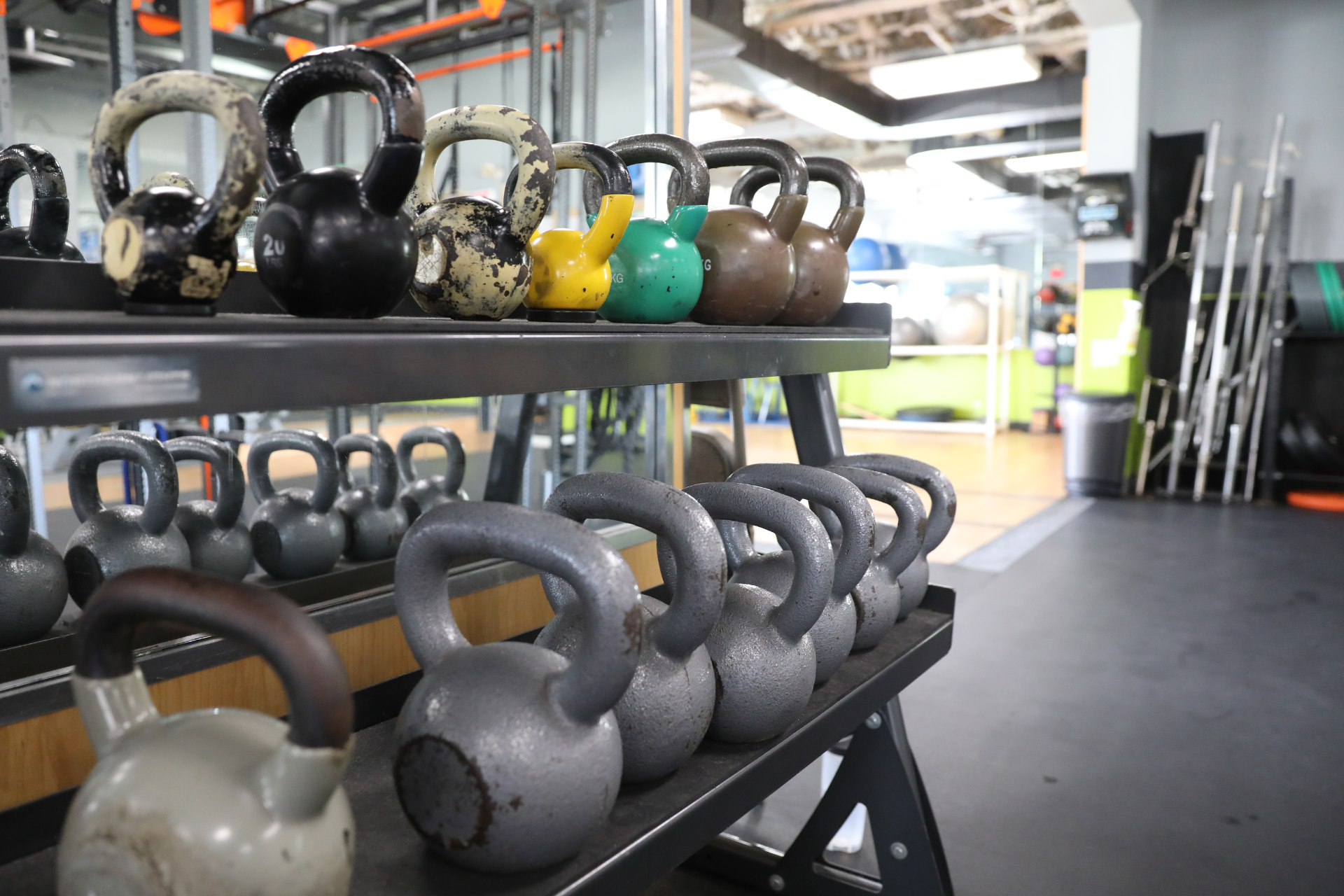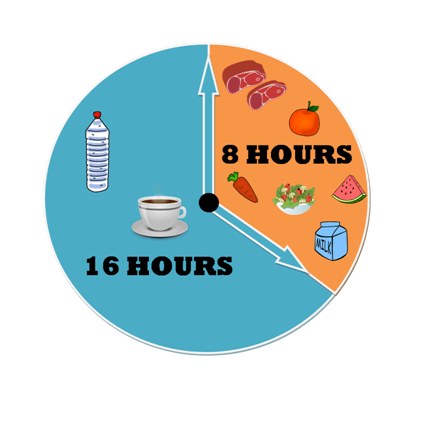
Fasting is an eating pattern that has been used throughout the history of mankind. Hunter-gatherers did not always have the same luxury of readily available food that we are accustomed to. Humans have evolved to last without substance during these gaps. The theory that our bodies have been trained to thrive on this eating pattern is what intermittent fasting
is based on.
Intermittent fasting is an eating pattern that doesn’t dictate what you eat, but rather when you eat. This cycling between eating and fasting promotes human growth hormone, insulin sensitivity, cell repair and norepinephrine, a fat burning hormone. This can aid weight loss by affecting both sides of the fat burning equation: a smaller eating window will lower calorie intake
and the resulting hormonal changes will spike metabolic rates to burn those calories faster.
There are a few different ways to intermittent fast. Here are the most popular variations:
The 16:8 Method
This way of eating involves fasting for 16 hours a day and restricting your eating window to only 8 hours. Commonly, people choose 11-7 pm as their eating window. In order to see the benefits of this diet, one must not consume any calories during their 16 hour fast.
The 5:2 Method
This form of intermittent fasting is quite different from the 16:8. In this eating pattern, one will consume their normal caloric intake 5 days a week and cut their calories significantly 2 days a week.
Studies have shown that when executed properly, intermittent fasting can have excellent and long lasting results. However, always remember to consult your doctor when altering your eating patterns. In order to be successful, remember to:
a) Drink plenty of water,
b) Plan your meals ahead of time,
c) Make every calorie count! Because you are eating your meals over a smaller period of time, it would be wise to choose foods that are nutrient dense and that will FUEL your body like lean proteins, legumes, vegetables, whole grains and healthy fats.
Need Help?
Contact us to make an appointment with Kerri, our Registered Dietitian, so she can help you with your intermittent meal planning.

